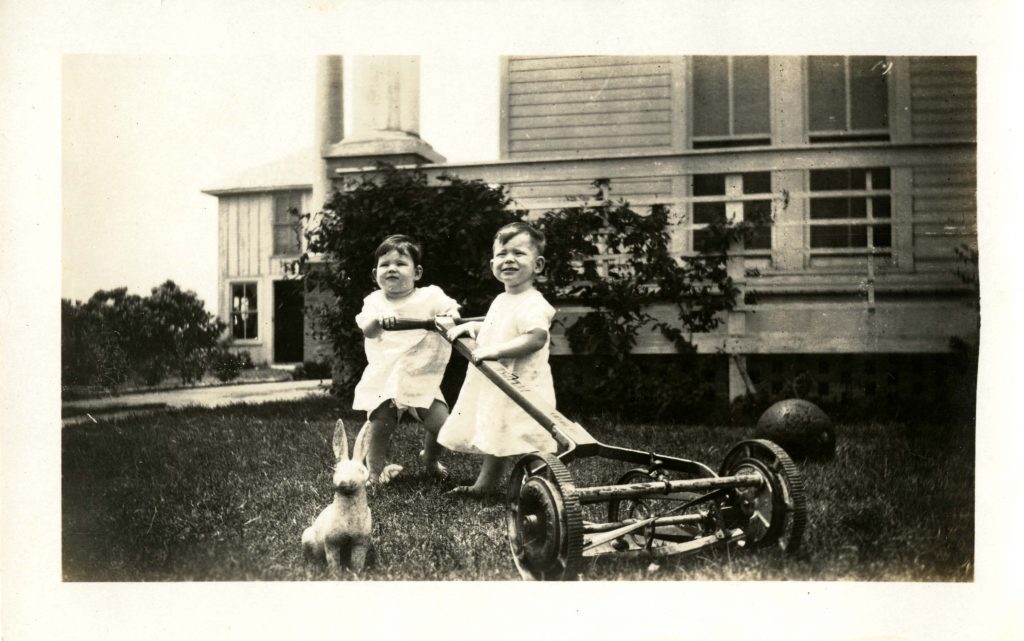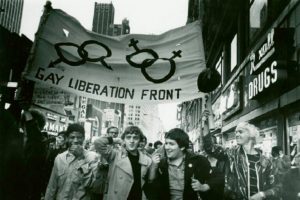There were not a lot of reasons to celebrate in 2020 (except maybe on New Year’s Eve), but the Special Collections & Archives Department at the Mary and Jeff Bell Library got one extraordinary piece of good news as Autumn approached: We were awarded a $25,000 grant to process our Charles F. H. von Blucher Family Papers collection.
With our graduate assistant Andrew Karnes working exclusively on processing this priceless collection of three generations of Blucher family papers, many previously unknown, or unknown widely, stories about the Bluchers and pioneer life in South Texas have been illuminated.
Take for instance the following account provided in 1929 by Charles F. H. von Blucher. The Bluchers arrived in Corpus Christi Bay from Germany on July 4, 1849. At the time, Corpus Christi was little more than a large ranch. After procuring some land, the Bluchers began working with livestock.
Not long after, one of their shepherds noticed that some goats had been killed by a predator. Since the pen was in a thicket with only one way in, the shepherd set up a small blind right off the path and waited. It is unknown how long it took, but eventually a “large jaguar” appeared, and the shepherd attacked it with a club and knife, killing it. This sounded like it might be a tall tale to me, but upon further research, jaguars, jaguarundi, ocelots, mountain lions, and bobcats were fairly common in South Texas before the area was overrun with the most dangerous apex predator of all: Us. The last known jaguar in Texas was killed in the 1940’s.
Not long after the Blucher’s arrived in Corpus Christi, the Civil War broke out. Felix von Blucher enlisted with the Confederacy as an officer, which made his house a particularly sweet target when Corpus Christi was bombarded by Union forces in 1862.
Charles does not say how much damage the house actually sustained, but he relates the following story: During the bombardment, many shells and cannonballs did not explode. This ordinance was collected by the Confederates and then carefully opened. They were very short on gunpowder at the time, and they used what was in the shells for their firearms. Some shells apparently did not contain gunpowder, but instead were filled with high quality whisky. After the war, the rumor was that some of the men on the Union ship had decided to relieve their commander of some of his spirits and hid their ill-gotten gains in the cannonballs for safe keeping, then replaced the fuses to avoid detection. Charles stresses that while he cannot account for the veracity of how the whisky got there, he was certain that it was present.

In 1875 South Texas was hit by a Category 3 hurricane, which almost completely flattened the town of Indianola causing 800 deaths. Felix von Blucher was caught outside during this onslaught. He had just returned to a surveying campsite when what seemed like a small squall kicked up. He enclosed their ambulance with blankets and rode the storm out for 48 hours without food. When things were over, they found there was no place to construct a fire because the area was so waterlogged. Even if they had been able to, their provisions had been destroyed. A cowboy passing by witnessed their plight and helped them dig the wagon out. This allowed them to leave the area and find sustenance at the Rabb Ranch.
The Bluchers persevered through all the hardships Mother Nature and man could throw at them (the whiskey wasn’t a hardship, but they probably would have preferred an alternate delivery method) and went on to have three generations of surveyors help keep South Texas property lines in order.
In 2020 and now 2021, the U. S. Institute of Museum and Library Services to Texas State Library and Archives Commission’s TexTreasures Grant for the fiscal year 2020 through 2021 (Grant #TXT-21011) has allowed us to better record, understand, and disseminate the history, knowledge, and stories that have been uncovered for the good of Texans and researchers everywhere.


